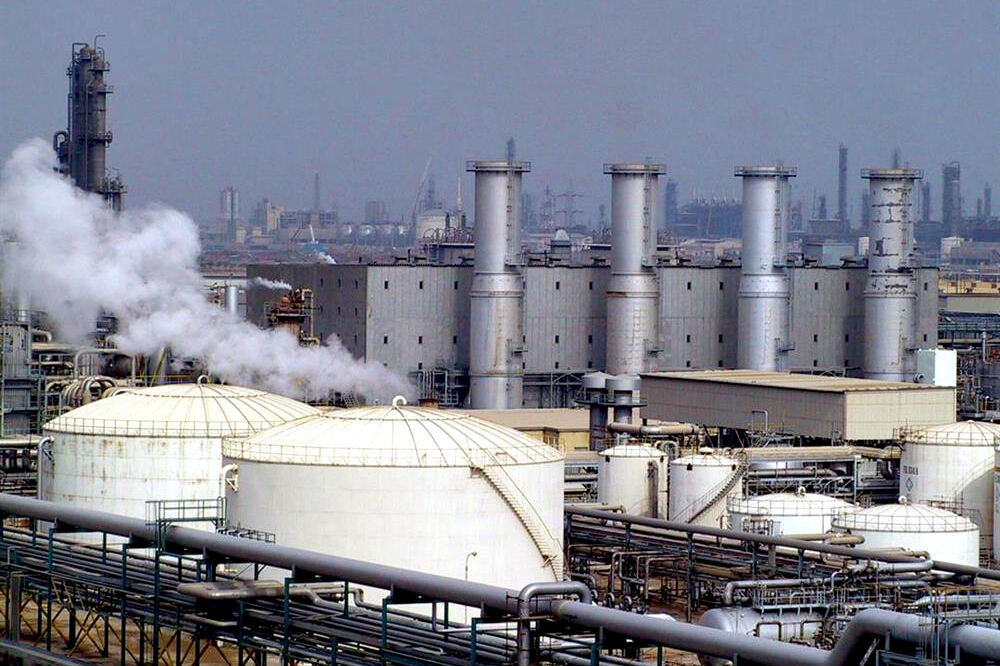Hassan Abbaszadeh spoke on Monday at the specialized session "The Future of the Petrochemical Industry" during the Third Petrotech Conference.
He noted that the production capacity of the petrochemical industry has reached approximately 100 million tons, with 60% of the output dedicated to various base products such as methanol, ammonia, ethylene, and other key products.
Abbaszadeh acknowledged delays in the production of certain products like propylene but emphasized that completing the value chain for this critical product could enable the production of high-value-added goods, meeting domestic needs and allowing for exports.
The deputy oil minister highlighted the goals set for completing the petrochemical industry's value chain, stating that development is achievable through the adoption of new technologies. He added that the Seventh Development Plan outlines the path for progress across various dimensions.
Abbaszadeh pointed out that three petrochemical production complexes generate around 4,000 megawatts of electricity, with surplus power fed into the national grid.
He also noted that the petrochemical industry uses only 4% of the country's produced gas as feedstock in its complexes.
Stressing the need for optimal use of oil and gas reserves, Abbaszadeh said the petrochemical industry can achieve production growth by diversifying its feedstock portfolio and leveraging modern technologies and renewable energy, in line with strategic planning.
He emphasized the regulatory role of the National Petrochemical Company as a government representative, fostering collaboration, convergence, production growth, and balanced industry development.
Support for private sector
Mohammadreza Nematzadeh, former CEO of the National Petrochemical Company, highlighted the private sector's potential to contribute to the industry's development. He stated that supporting the private sector could drive transformation in the industry and the production of diverse products.
Nematzadeh acknowledged current challenges in feedstock supply due to imbalances but expressed confidence that with proper use of hydrocarbon resources, petrochemical companies should not face feedstock shortages for the next 50 years.
Parliamentary support for petrochemical industry development
Mostafa Nakhaei, a member of the Parliament's Energy Committee, discussed the legislature's supportive role for the petrochemical industry.
He noted that despite challenges such as sanctions, the industry is on a development path, and all available capacities should be utilized to support efforts to overcome these challenges.
Nakhaei emphasized the need to enhance global competitiveness, increase presence in international markets, and use advanced technologies to introduce higher-value-added products to global markets.
Signing of MoU
On the sidelines of the session, Nasser Noohjah, CEO of Petrochemical Research and Technology Company, and Gholamreza Jokar, CEO of Lorestan Petrochemical Company, signed a cooperation agreement.
The agreement focuses on providing technical knowledge and designing process packages for the construction of polypropylene and high- and low-density polyethylene units.


Your Comment